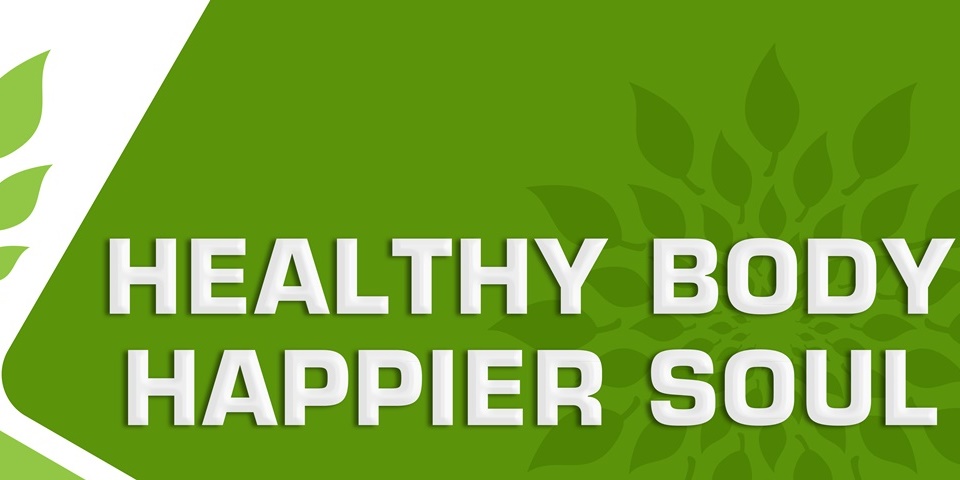
Mind-Body Therapy (or MindBody Therapy) — sometimes synonymously referred to as Somatic Therapy — is a general term for a variety of healing modalities and techniques that work with both the person’s physical and emotional/mental level. Sometimes, Mind-Body Therapy is also called Body-Mind Therapy.

The core premise of these types of therapies is that the mind and body are intimately connected and reflect or influence each other’s “state” or function. One could also say that somatic therapies consider the human mind/psyche as “embodied,” and not as something that’s apart from the body and has a life on its own.
Although Psychosomatic healing approaches have become increasingly adopted in modern medicine (usually as a form of complementary medicine), Mind-Body therapies are generally in opposition to common Western medical concepts and approaches, which basically follow the premise that the mind and body are separate, and should or can be treated separately.
Typically, Mind-Body therapies focus on working with the body to release emotional trauma that has become “crystalized” or “stuck” in one’s body in the form of physical tensions, contractions, or numbness, which on their part restrict or inhibit the affected person to function healthy or optimally on both a physical and emotional-mental level.
However, a number of Mind Body therapies may also work exactly the other way around, that is, they may primarily use conscious body awareness and the power of thoughts and emotions — the mind — to influence and restore emotional and physical health.

Examples of Mind-Body therapies include modalities and practices such as Tai Chi, Yoga, Dearmoring Bodywork, Biofeedback, guided imagery, Breathwork, certain forms of massage, meditation, mindfulness, specific physical exercises, Body-Oriented Psychotherapy (Somatic Psychotherapy), and a range of other types of emotional-somatic treatment modalities.
As a whole, Mind-Body therapies may treat, alleviate, or heal physical and emotional symptoms of a broad variety of health conditions, or improve coping strategies for difficult or chronic conditions. Think of conditions such as high blood pressure, cancer, obesity, asthma, anxiety, stress, diabetes, insomnia, depression, chronic pains, sexual trauma or sexual dysfunctions, fibromyalgia, gastrointestinal issues, menopausal symptoms, and autoimmune diseases.

















